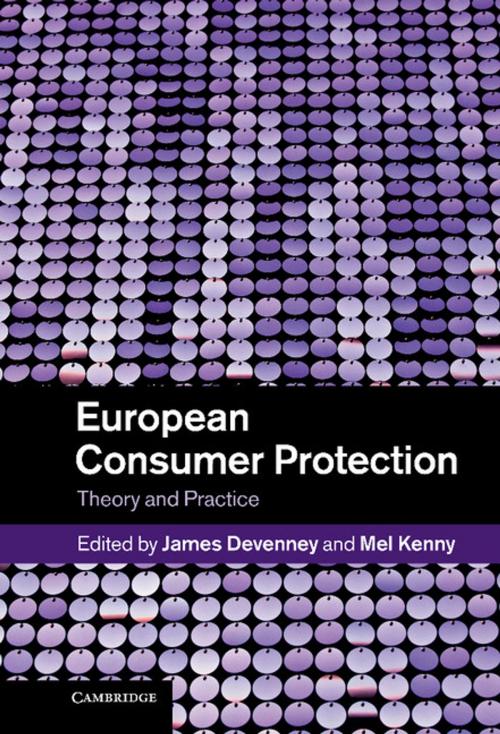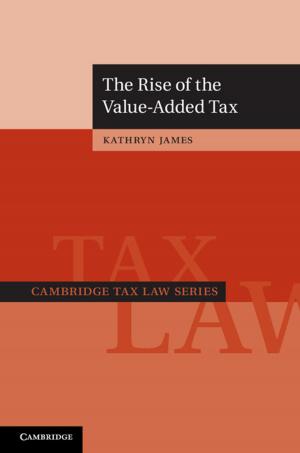European Consumer Protection
Theory and Practice
Nonfiction, Reference & Language, Law, Corporate, Commercial| Author: | ISBN: | 9781139366045 | |
| Publisher: | Cambridge University Press | Publication: | April 5, 2012 |
| Imprint: | Cambridge University Press | Language: | English |
| Author: | |
| ISBN: | 9781139366045 |
| Publisher: | Cambridge University Press |
| Publication: | April 5, 2012 |
| Imprint: | Cambridge University Press |
| Language: | English |
This volume analyses the theory and practice of European consumer protection in the context of consolidation initiatives seen, inter alia, in the revision of the Consumer Acquis, the Draft Common Frame of Reference and the proposal for an EU Consumer Rights Directive. The issues addressed are all the more significant given the revisions to the proposed Directive, the appointment of an 'Expert Group on a Common Frame of Reference' and the Commission's 2010 Green Paper on progress towards a European Contract Law. The contributions to this volume point to the arrival of a contested moment in EU consumer protection, questioning the arrival of the 'empowered' consumer and uncovering the fault lines between consumer protection and other goals. What emerges is a model of poly-contextual EU consumer protection law, a model that challenges the assumptions in both the 2010 Green Paper and the revised proposed Consumer Rights Directive.
This volume analyses the theory and practice of European consumer protection in the context of consolidation initiatives seen, inter alia, in the revision of the Consumer Acquis, the Draft Common Frame of Reference and the proposal for an EU Consumer Rights Directive. The issues addressed are all the more significant given the revisions to the proposed Directive, the appointment of an 'Expert Group on a Common Frame of Reference' and the Commission's 2010 Green Paper on progress towards a European Contract Law. The contributions to this volume point to the arrival of a contested moment in EU consumer protection, questioning the arrival of the 'empowered' consumer and uncovering the fault lines between consumer protection and other goals. What emerges is a model of poly-contextual EU consumer protection law, a model that challenges the assumptions in both the 2010 Green Paper and the revised proposed Consumer Rights Directive.















